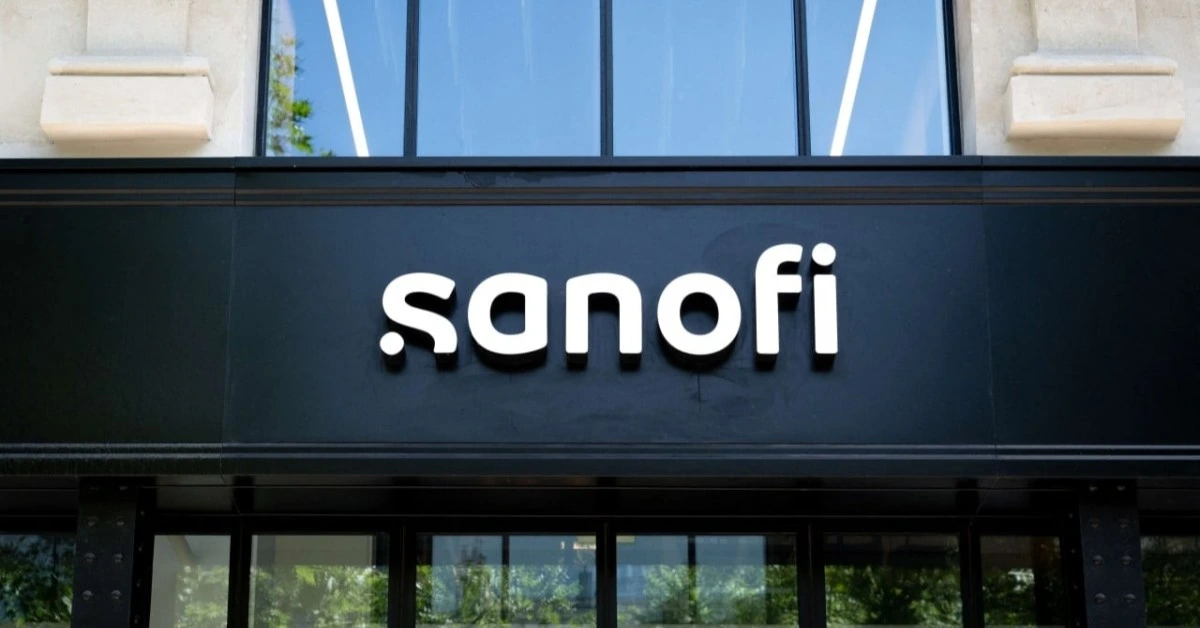
CHINA – Sanofi has achieved a significant milestone with China’s National Medical Products Administration (NMPA) approving Sarclisa (isatuximab) for use in treating adults with newly diagnosed multiple myeloma (NDMM) who are not eligible for autologous stem cell transplantation (ASCT).
This approval highlights progress in offering advanced therapies to improve outcomes for multiple myeloma patients. Sarclisa is a monoclonal antibody targeting cluster of differentiation 38 (CD38).
The decision was based on positive results from the IMROZ Phase III trial, which demonstrated that Sarclisa, when combined with the standard regimen of bortezomib, lenalidomide, and dexamethasone (VRd), provided better progression-free survival compared to VRd alone.
Sanofi’s global head of oncology, Olivier Nataf, commented, “This approval, occurring just weeks after Sarclisa’s first in the country, represents tremendous progress towards advancing this mission.
Now patients with multiple myeloma and their providers have access to two new Sarclisa-based regimens that have the potential to improve outcomes across lines of therapy.”
This recent approval follows another from December 2024, where Sarclisa was approved in combination with pomalidomide and dexamethasone (Pd) for adults with relapsed or refractory multiple myeloma (MM) who had undergone at least one prior therapy, including lenalidomide and a proteasome inhibitor.
In addition to China, Sarclisa has received approval in over 50 regions, including the US, European Union, and Japan, for various indications.
Japan is also currently reviewing a regulatory submission for Sarclisa in NDMM patients not eligible for stem cell transplantation.
Sanofi continues its patient-focused clinical development of Sarclisa, conducting several Phase II and Phase III trials across six potential indications in the MM treatment spectrum.
The company is also investigating a subcutaneous administration method to improve convenience for patients.
Interestingly, Sarclisa’s non-proprietary name in the US is isatuximab-irfc, aligning with FDA guidelines on biological product naming.
Beyond Sarclisa, Sanofi has expanded its partnership with SK bioscience to co-develop pneumococcal conjugate vaccines (PCVs) for both pediatric and adult populations, further showcasing its commitment to advancing healthcare innovations.
XRP HEALTHCARE L.L.C | License Number: 2312867.01 | Dubai | © Copyright 2025 | All Rights Reserved